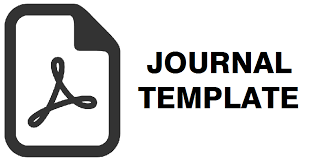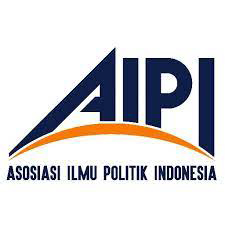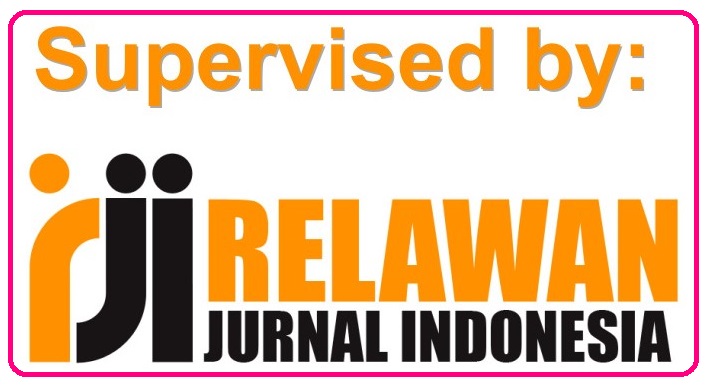Understanding Indonesia's Cyber Security Policies: Opportunities and Challenges In The Digitalization Transformation Era
Abstract
This paper will discuss the understanding of Indonesia's policies in Cyber Security, in terms of technical aspects and social effects. Where the era of digital transformation raises new risks and threats, namely Cyber Security. It is important for the government, as executor and supervisor, to identify potential risks and threats to ensure cyber security and efforts to build community digital literacy during the digital transformation era. The efficiency of the measures developed and implemented to minimize risks and eliminate threats to national cybersecurity depend on the quality and appropriateness of the implemented policies. From the research results found that a comprehensive approach to analyzing the risks and threats posed by cyber threats in the era of digital transformation is needed and must cover all related processes, both technical and non-technical, in particular the relations between the actors involved. This creates significant opportunities and challenges for Indonesia's future, especially in matters of national defense security from hacking threats and other cyber problems
Downloads
References
Abdul Wahid & Mohammad Labib. (2005) Kejahatan mayantara (cyber crime). Retrieved at https://lib.ui.ac.id/detail.jsp?id=20232423
Hasyim Gautama, (2023). A Probabilistic Approach to the Analysis of Program Execution Time Hasyim Gautama. Retrieved at https://www.researchgate.net/publication/2900706_A_Probabilistic_Approach_to_the_Analysis_of_Program_Execution_Time_Hasyim_Gautama
Kuehl, D. (2017). Information Operations. Retrieved from www.rand.org: http://www.rand.org
Kuehl, D. T. (2009). From Cyberspace to Cyberpower: De ning the Problem. In F. Kramer, S. Starr, & K. Wentz, Cyberpower and National Security. Washington DC: National Defense University Press.
Luiijf, E., & Nieuwenhuis, L. J. M. (2019). Cyber Security as Competitive Advantage. Journal of Cyber Policy, 4(2), 161-178.
Marisa, H. (2023). Memahami Literasi Digital (Digital Literacy) dan Keterampilan Digital (Digital Talent) Masyarakat Indonesia Dalam Era Transformasi Digital. Retrieved from https://penerbitlitnus.co.id/portfolio/refleksi-politik-internasional-kontemporer-gatot-subroto-kav-97/
Rahmawati, Ineu. (2017). Analisis Manajemen Risiko Ancaman Kejahatan Siber (Cyber Crime) dalam Peningkatan Cyber Defense. Jurnal Pertahanan dan Bela Negara, vol. 7, no. 2, 2017, pp. 35-50, doi:10.33172/jpbh.v7i2.179.
Sari, N. W. (2018). Kejahatan cyber dalam perkembangan teknologi informasi berbasis komputer. Jurnal Surya Kencana Data Dinamika Masalah Hukum dan Keadilan. 5(2): 577-592
Schneier, B. (2015). Data and Goliath: The Hidden Battles to Collect Your Data and Control Your World. W. W. Norton & Company.
Suhariyanto, B. (2023), Tindak Pidana Teknologi Informasi (Cybercrime): Urgensi Pengaturan dan Celah Hukumnya, Rajawali Pers, Jakarta.
Warkentin & Orgeron. (2020). Digital Technology-Based Teaching 2020 Retrieved from https://www.sciencedirect.com/science/article/abs/pii/S026840121930060X
Yeli, H. (2017). A ree-Perspective eory. PRISM, 109-115.














